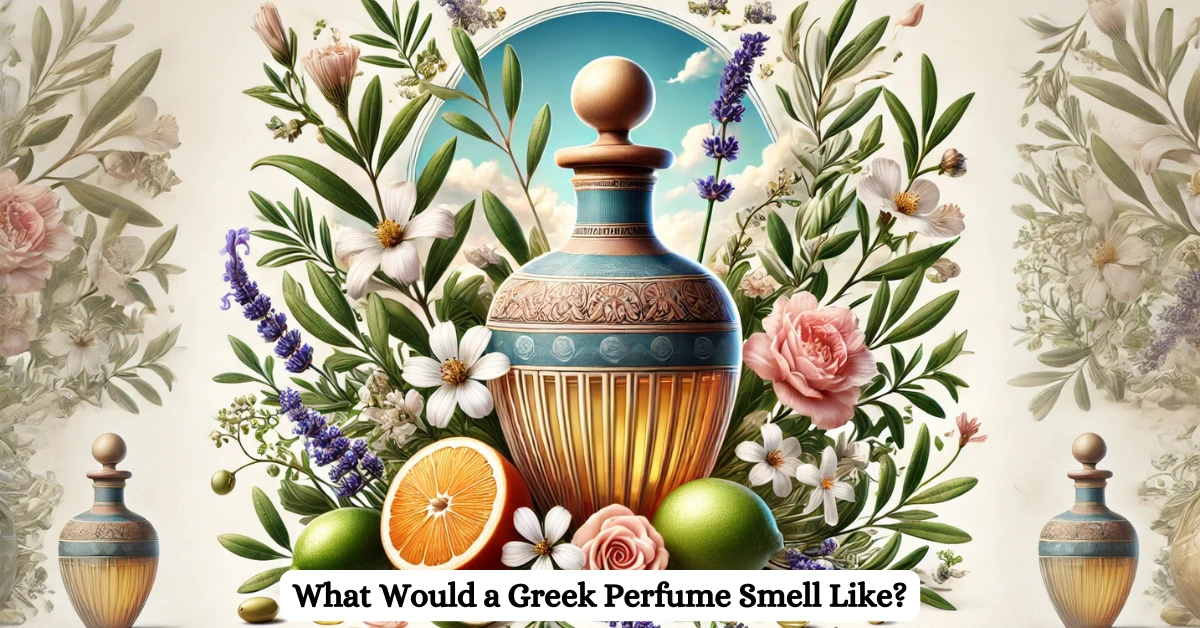Have you ever wondered what it was like to catch the smell of ancient Greek perfume? Imagine having this scent all over you on your first date, at family get-togethers, at weddings, and top-notch events. That’s right, today we’re going deep into the world of Greek perfumes, and I promise you’re in for a fragrant journey that will make your senses dance!
I’ve been sniffing about (literally!) trying to figure out what it is about Greek perfumes that makes them so appealing. And hey, do I have some perfume secrets to reveal? Whether you’re a perfume lover or simply curious about the aromatic whispers of the past, this article is the ticket.
You’re about to discover how to bottle up the essence of Greece and spritz a little bit of mythology right onto your pulse points! Join me on this sensational journey through silky notes of honeyed flowers and zesty citrus groves, mixed with hints of earthy spices and divine resins that could make even the Olympian gods swoon!
So, what would a Greek perfume smell like?
What Would a Greek Perfume Smell Like? Unveiling the Secrets of Mediterranean Scents
A Greek perfume would most likely have a fresh and energized aroma, reminiscent of the stunning Mediterranean environment. It may include notes of bergamot, lemon, and other citrus fruits to evoke Greece’s plentiful sunshine.
It could also include fragrant herbs such as thyme and rosemary, which grow abundantly in the country’s verdant gardens.
Some classic Greek perfumes include notes of jasmine or orange blossom for a gentle floral note. Overall, a Greek perfume would reflect the colorful and dynamic essence of its culture and environment.
Traditional Ingredients for Greek Perfumery
Imagine yourself strolling through a beautiful Greek garden, the air filled with a variety of traditional scents that have been treasured for ages. Greek perfumery, a craft as old as the myths, is mainly based on natural components indigenous to the country’s flora and culture.
Some of these aromatic jewels have stood out throughout history for their captivating aromas and contributions to the creation of alluring remedies.
Ingredient 1: Mastic – A pleasant, cedar-like base note from Chios island
The first ingredient on this olfactory journey is mastic, a resin derived from the mastic tree unique to the island of Chios. Mastic has made its way into not only wonderful Greek pastries but also fragrances, where it provides a somewhat sweet, cedar-like aroma that serves as an ideal foundation note.
Ingredient 2: Labdanum: An amber-leather smell derived from Cistus shrubs.
Then there’s labdanum, a resinous jewel derived from Cistus shrubs that grow in Greece’s mountainous terrain. This component radiates a warm, rich aroma reminiscent of amber and leather; it’s typically used to give perfumes an earthy depth that whispers tales of old Mediterranean landscapes.
Last but not least, the beloved olive oil. While mostly renowned for its culinary uses, olive oil has also been a staple in skincare and perfumery since antiquity.
Its silky, rich essence makes a superb carrier for other perfumes, blending beautifully with different notes to produce something truly magical on the skin. Each drop has the sun-drenched vibrancy of Greek groves, making it an essential component in creating authentic Greek scents.
Modern Interpretations of Classic Greek Perfume Profiles
Classic Greek smells have an attraction that transcends time, transporting us to old olive and citrus fields. Today’s perfumers have embraced these ancient elements, incorporating new twists that transform each aroma into a voyage through the past while remaining firmly grounded in the present.
Imagine walking through an Athens market, where the mixed scents of myrtle and jasmine hang heavily in the warm air; this is the essence that contemporary artisans aim to preserve and rework for our day.
Reviving Time-Honored Scents
Modern renditions frequently focus on re-energizing age-old smells while retaining their spiritual essence. Ingredients such as honeyed figs, aromatic laurel, and rich amber are carefully woven into unique concoctions.
Each fragrance seeks to commemorate its ancestors while also standing out in today’s crowded perfume industry. The result is a perfume that wraps you in warmth and whispers tales of Mediterranean coasts.
In bottling these perfumes, there is also a reference to simplicity, as evidenced by the clean package design, which contrasts pleasantly with the complex fragrances inside. Wearers aren’t merely spritzing on a smell; they’re adorning themselves with a story steeped in tradition but delivered in a language relevant to the present. It’s more than simply a smell; it’s an undetectable accent that enhances one’s style while honoring Grecian artistry.
Greek perfume Brands
Korres
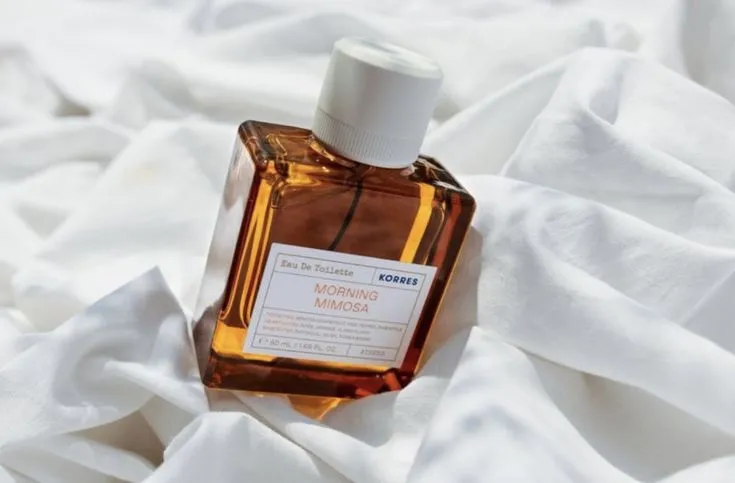
Korres perfumes are a beautiful blend of natural ingredients and subtle scents, ideal for consumers who value clean, environmentally responsible goods. Each fragrance is inspired by nature, with fresh, floral, and woody tones that are well-balanced and not overwhelming.
While the Korres’ smell longevity varies, they often provide a mild, refreshing experience suitable for everyday usage. Korres perfumes are reasonably priced, making them an excellent alternative for anyone looking for a premium fragrance that emphasizes natural and ecological beauty.
Apivita
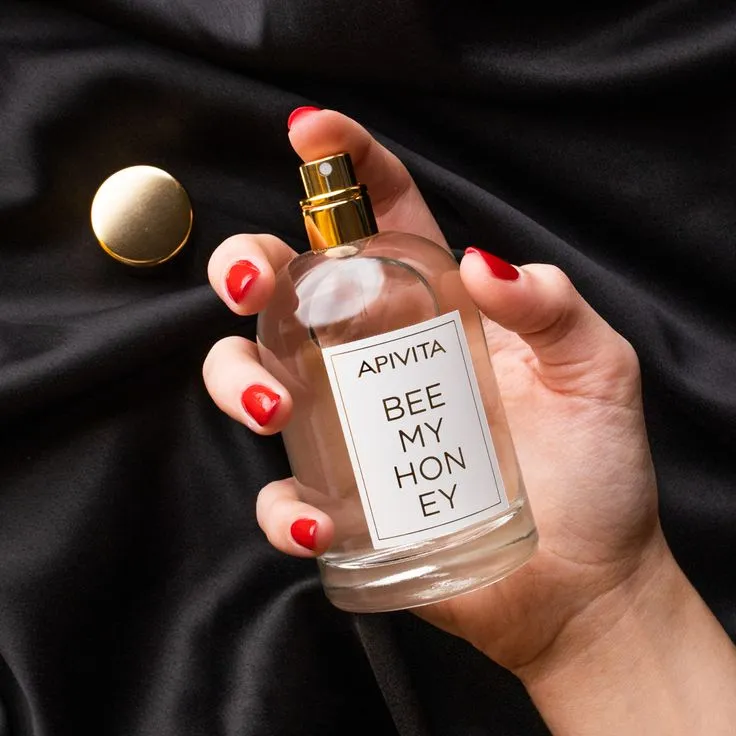
The perfumes achieve a delicate balance between subtlety and attractiveness, making them suitable for those who value understated elegance. The packaging is environmentally friendly, demonstrating the brand’s commitment to sustainability.
While their longevity may not be comparable to high-end luxury perfumes, their affordability makes them an excellent choice for consumers. Overall, Apivita scents are a fresh and adaptable addition to any fragrance collection.
Folli Follie
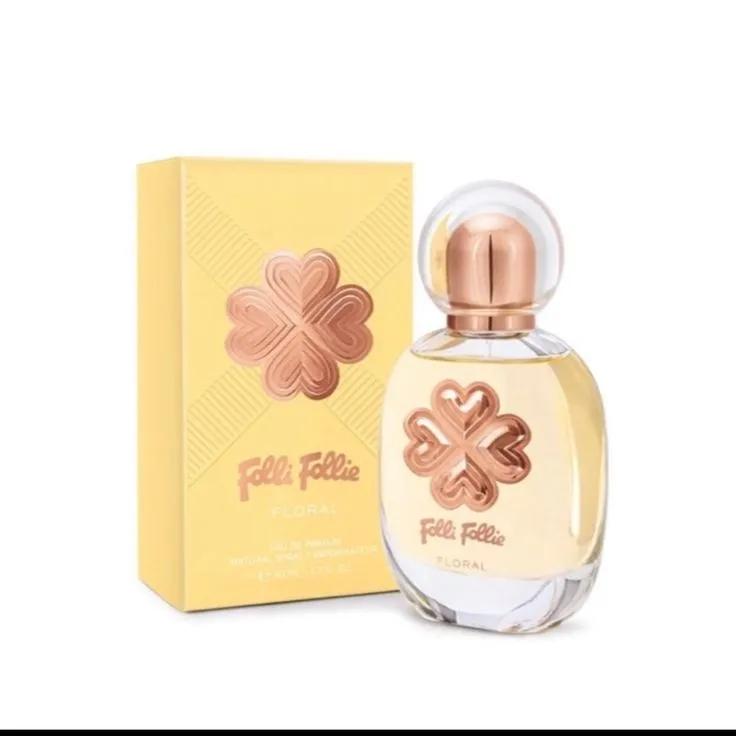
Folli Follie is a long-lasting perfume, making it excellent for individuals who enjoy mild yet clear perfumes. The sleek bottle design lends a touch of refinement to any collection. While it may not be innovative, it provides excellent value for money. If you’re searching for a versatile, feminine perfume that’s simple to wear, Folli Follie is an excellent choice.
Athena’s treasures

Athena’s Treasures focuses on Greek mythology and tradition, creating perfume inspired by ancient Greek beauty secrets, which frequently include olive oil and floral notes. It’s adaptable, making it appropriate for both informal and formal settings.
The bottle design represents simplicity, which complements the perfume’s eternal appeal. However, the longevity could be improved by reapplying after a few hours. Overall, it’s an excellent option for everyday sophistication.
Ciel
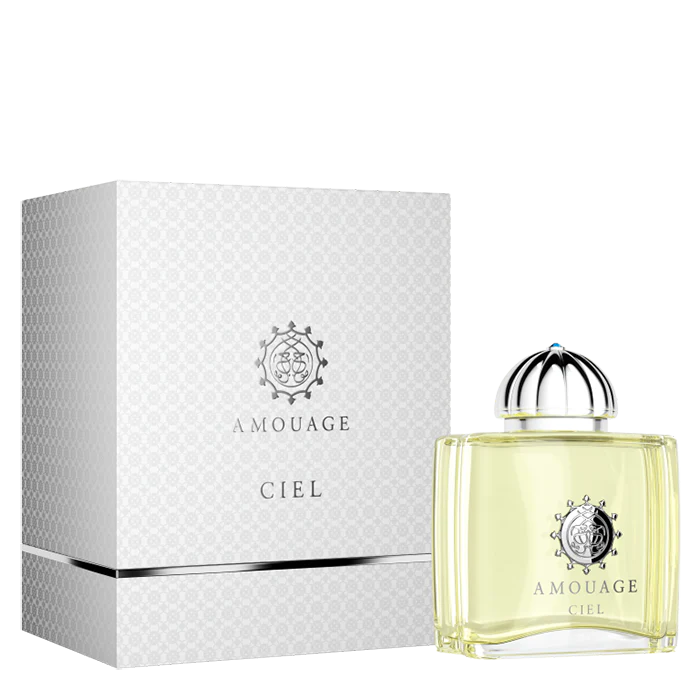
Ciel is a boutique company that sells high-end perfumes. Its scents encapsulate the spirit of Greek elegance and Mediterranean charm.
Ciel perfume is a light, floral fragrance that is ideal for everyday usage. Its bright, breezy perfume begins with crisp citrus notes and transitions easily into a center of delicate jasmine and rose. A gentle base of musk and sandalwood provides warmth and depth without being overwhelming. Ciel is perfect for those who enjoy delicate, clean perfumes.
It is both elegant and approachable. The longevity is mild, lasting only a few hours, making it ideal for casual outings or workplace wear. Its modest charm makes it a versatile option, although it may not appeal to individuals who prefer bold or overpowering scents. Overall, a beautiful, refreshing aroma!
Conclusion
In Greece, there were numerous gods, each with his tale and his connection to the divine, and perfumes were mentioned in Greek stories. The residents of Olympus were the first to employ fragrances to make themselves up, and they taught men and women how to apply perfume. Aphrodite is said to have poked herself with a white and odorless rose thorn. She stained it with her blood, turning it crimson, and Eros, enthralled by its beauty, kissed it, giving the rose its alluring perfume.
Perfume-making in Greece originated in Crete and other Greek colonies. The perfumers from those countries settled in Greek cities, and the locals quickly learned their craft, eventually becoming great masters of perfumery and ointment production and export to Europe. It is thought that they were the first to produce liquid perfumes, which they packaged in valuable bottles made of lead, silver, gold, or, more commonly, alabaster, each with its cultural adornment.
The Greeks used definite fragrances for each area of the body. They used marjoram for the hair, palm oil for the chest, mint for the arms, thyme for the knees, oregano oil for the feet, and so on. They scented themselves after bathing or before attending a big occasion, just like people do nowadays. Greek gymnasiums had a section dedicated to personal grooming, where people employed various aromas to perfume themselves before leaving.

